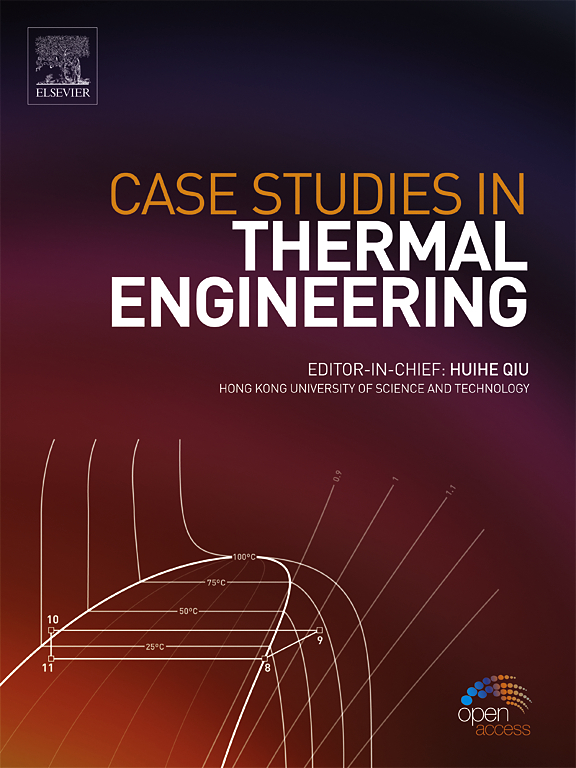Energy management strategies for hybrid diesel vehicles by dynamic planning embedded in real-world driving emission model
IF 6.4
2区 工程技术
Q1 THERMODYNAMICS
引用次数: 0
Abstract
The optimization of energy management strategy for hybrid vehicles is often based on engine steady performance data and the standard driving cycle conditions in the laboratory. However, these methods cannot fully capture the vehicle’s dynamic characteristics under real-world driving conditions. This study uses a BP-Adaboost algorithm combined with a transfer learning strategy to construct a learning model of real-world driving emissions based on several real-world driving emission tests of a hybrid diesel light truck. The real-world driving emission model is then embedded into the dynamic planning algorithm using a bi-variate interpolation algorithm on the state-space plane. Accordingly, the optimal engine and motor torque control under real-world driving conditions is determined. It is found that the energy management strategies balancing the CO2 and NOx emissions for the hybrid diesel light truck can obtain a good NOx emission benefit while slightly sacrificing the CO2 emission benefit, and the trade-off consideration between energy consumption, pollutant emissions, and state-of-charge maintenance leads to a better overall social and economic benefit.
基于真实驾驶排放模型的动态规划混合动力柴油车能量管理策略
混合动力汽车的能量管理策略优化通常基于发动机稳态性能数据和实验室标准行驶工况。然而,这些方法不能完全捕捉车辆在真实驾驶条件下的动态特性。本研究采用BP-Adaboost算法结合迁移学习策略,基于混合动力柴油轻型卡车的多次真实驾驶排放测试,构建了真实驾驶排放的学习模型。然后使用状态空间平面上的双变量插值算法将真实驾驶排放模型嵌入到动态规划算法中。据此,确定了实际驾驶条件下发动机和电机的最优转矩控制。研究发现,混合动力柴油轻型卡车采用平衡CO2和NOx排放的能源管理策略,可以在小幅牺牲CO2排放效益的同时获得较好的NOx排放效益,在能耗、污染物排放和充电状态维护之间进行权衡,可以获得较好的整体社会效益和经济效益。
本文章由计算机程序翻译,如有差异,请以英文原文为准。
求助全文
约1分钟内获得全文
求助全文
来源期刊

Case Studies in Thermal Engineering
Chemical Engineering-Fluid Flow and Transfer Processes
CiteScore
8.60
自引率
11.80%
发文量
812
审稿时长
76 days
期刊介绍:
Case Studies in Thermal Engineering provides a forum for the rapid publication of short, structured Case Studies in Thermal Engineering and related Short Communications. It provides an essential compendium of case studies for researchers and practitioners in the field of thermal engineering and others who are interested in aspects of thermal engineering cases that could affect other engineering processes. The journal not only publishes new and novel case studies, but also provides a forum for the publication of high quality descriptions of classic thermal engineering problems. The scope of the journal includes case studies of thermal engineering problems in components, devices and systems using existing experimental and numerical techniques in the areas of mechanical, aerospace, chemical, medical, thermal management for electronics, heat exchangers, regeneration, solar thermal energy, thermal storage, building energy conservation, and power generation. Case studies of thermal problems in other areas will also be considered.
 求助内容:
求助内容: 应助结果提醒方式:
应助结果提醒方式:


